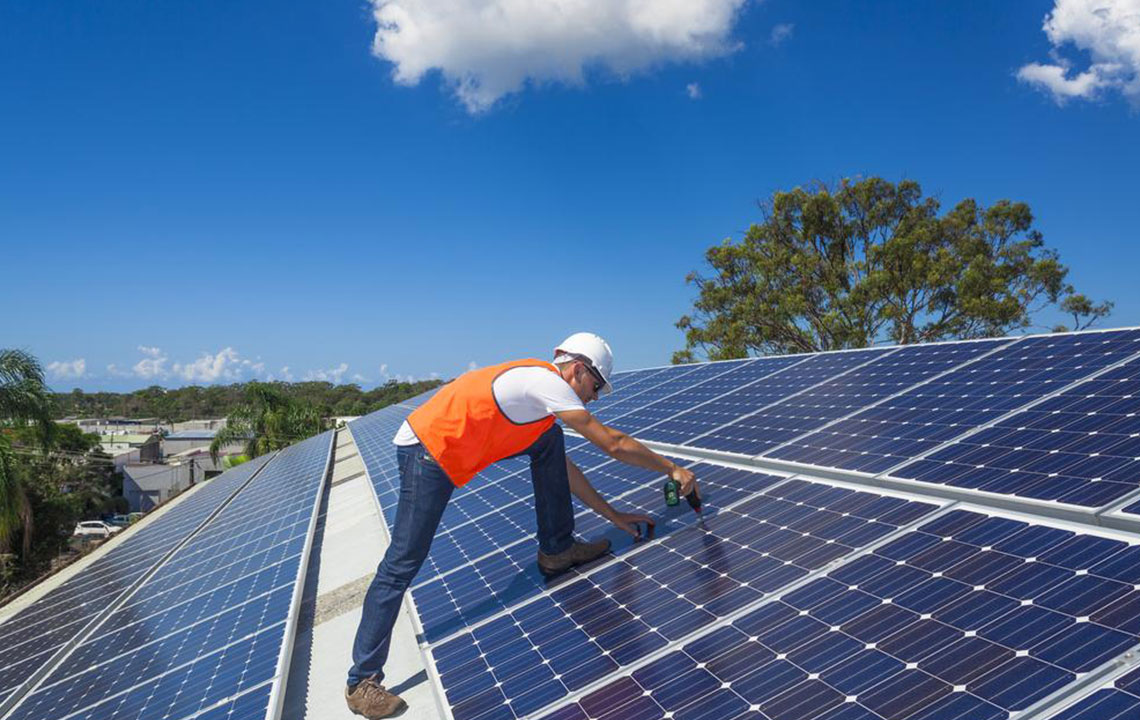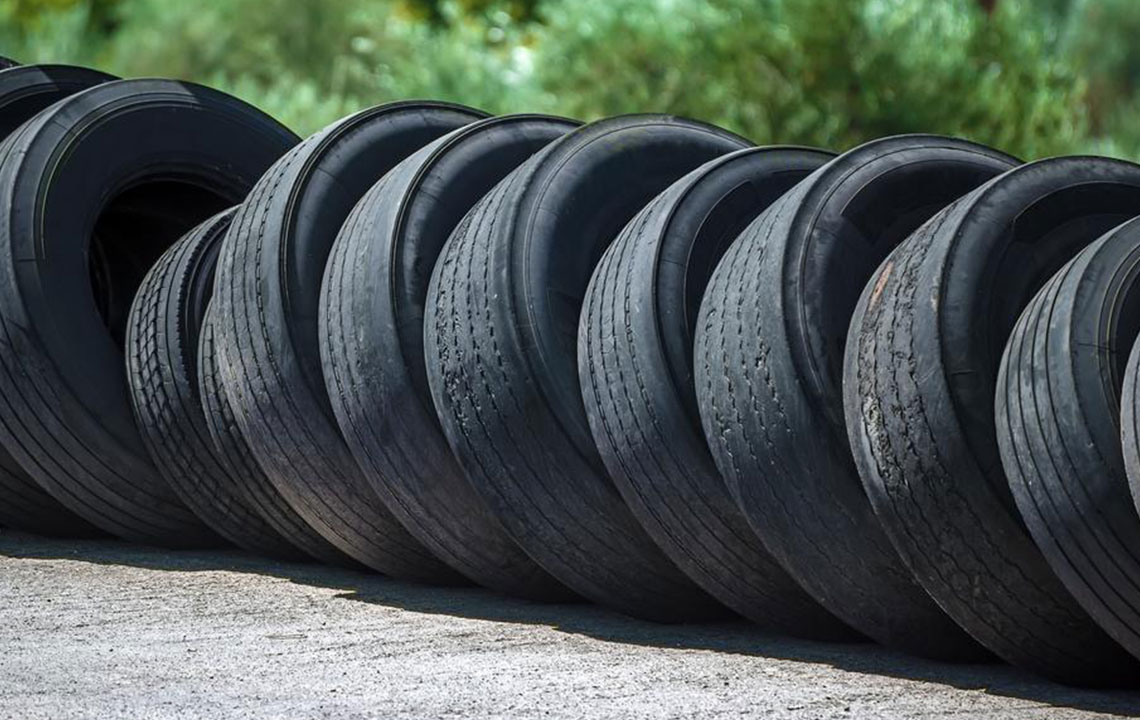Key Conditions for Testing Solar Panel Performance
This article highlights the essential conditions for testing solar panel efficiency, including weather resilience, chemical resistance, UV exposure, and humid heat endurance. Ensuring panels can withstand extreme environmental factors is crucial for maximizing long-term performance and durability. Understanding these testing parameters helps consumers select high-quality solar solutions suitable for diverse conditions, promoting energy independence and environmental benefits.

Key Conditions for Testing Solar Panel Performance
As energy demands rise globally, harnessing solar power has become increasingly vital. Solar panels convert sunlight into electricity, offering independence from traditional energy sources and supporting environmental sustainability. Assessing a solar panel's efficiency involves measuring the energy it generates under specific conditions, typically expressed as a percentage. Ensuring optimal performance requires testing the panels under various extreme environments to simulate real-world challenges.
Testing conditions include:
Weather Variability – Temperature fluctuations, wind, snow, and hail impact solar panel performance. Manufacturers focus on durability to withstand these elements, as harsh weather can damage cells or reduce efficiency.
Chemical Contaminants – Chemical residues can diminish performance. A minimum of 20 mm rainfall is necessary to wash away residues, which can decrease efficiency by approximately 0.2%. Testing under chemical exposure ensures durability against such elements.
Ultraviolet (UV) Rays – Prolonged UV exposure can cause solar cell delamination and discoloration, impairing function. Panels are tested for UV resistance to guarantee longevity.
Moisture and Heat – High humidity and heat can lead to corrosion and connection failures. Damp heat testing evaluates a panel’s ability to operate reliably in humid environments.
Long-term performance and resilience are crucial factors when selecting solar panels. These testing standards aid consumers in choosing durable devices capable of sustaining efficiency over time, especially in challenging conditions.Note:
This site offers valuable insights into solar technology and testing protocols. The information shared is based on research and may not cover every detail or latest advancements. Readers are advised to consider multiple sources and consult professionals for specific applications. The site is not responsible for discrepancies or unlisted schemes and offers.










